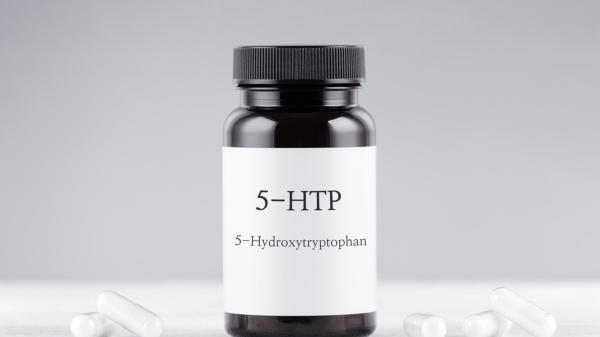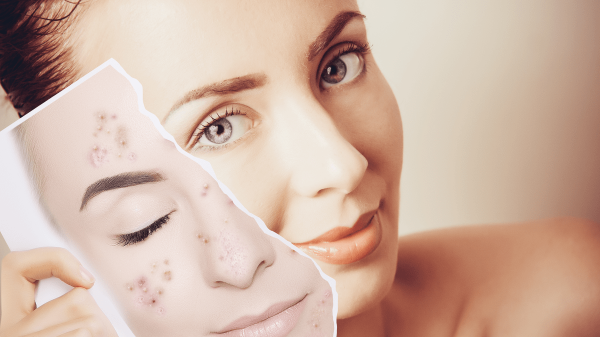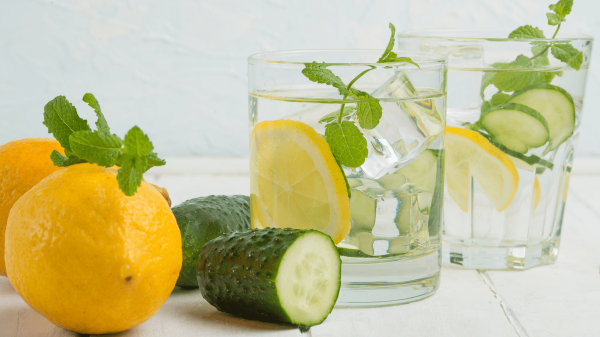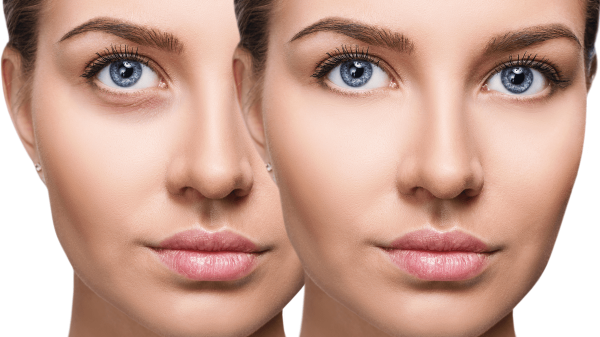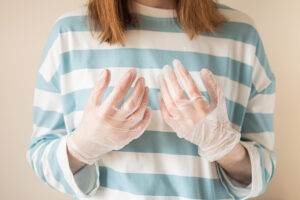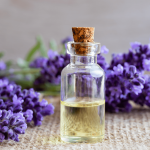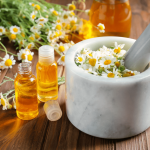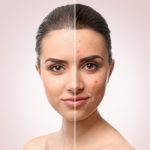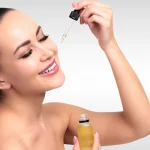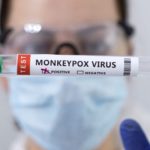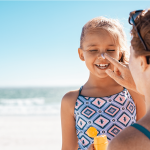Plain soap and water show the same level of effectiveness in destroying disease-related germs as the antibacterial soaps in a healthcare place.
No proof has been found yet that antibacterial soaps provide more protection than simple soaps against infections in homes or other places.
This is the reason why simple soaps are recommended in public areas, in homes, and in many other places besides healthcare areas.
Antibacterial soaps encourage antibiotic resistance
No proof has been found that antibacterial soaps offer antibiotic resistance; however, a few scientists do think that they form antibiotic-resistant germs.
Regular soap:
- They should be easy to find in stores if you read the label carefully
- More economical than antibacterial soaps
- For proper cleaning of hands, scrub your hands together
- It should be used in non-healthcare areas
Antibacterial soap:
- No different than simple soaps in killing germs of hands or body
- For proper results, should be left on hand for two minutes
- Not required in homes or other places unless told otherwise by a healthcare professional

Cetaphil antibacterial soap bar
It is best for people who have sensitive and dry skin. It cleanses and removes the germs, dirt, and bacteria present on the skin and also controls the oil on the skin.
Cetaphil antibacterial gentle cleansing bar protects your skin from germs and virus with its triple action. It also has moisturizing properties, which keep your skin hydrated.
Soap kills the viruses and viral infections
You may have doubts about how could a simple soap kill bacteria that is so dangerous? But, fortunately, it has the capability to protect.
Soap is not used to kill germs, but instead, it is used to wash them away. Soap is used to show results that water just cannot; they help to remove the fatty membrane present around the virus that causes the destruction of the whole virus. Water is kept away from the membrane by the repelling effect of the membrane-like oil.
Membrane and its composition are attracted towards the surfactants, which is the material present in soaps, causing the membrane to break down.
Surfactants in soap bar
The soap that contains surfactants remove the presence of contaminants and microbes from the skin, with the friction provided by rubbing the hands together, which gets rid of the dirt particles and wash them down the drain.
Is antibacterial soap bar dangerous or not?
The use of antibacterial soap has been studied, and many concerns have been brought to light by the FDA.
Triclosan has been found to be a common antibacterial agent used in animal studies that result in changing hormone function. FDA and the Environmental Protection Agency (EPA) have both performed studies related to the effects of this.
Not only this but concerns have arisen regarding whether the use of these chemicals have caused the bacteria to become more resistant against these chemicals and other antibacterial drugs.
In short, the bacteria that should have been killed by these are instead becoming resistant against them.
But these issues are not your concern if you do not use antibacterial soaps already, as they offer no different use than the regular ones in fighting the virus. Instead, use normal soaps and liquid soaps.
And scrub your hands properly to ensure that your hands are clean against the virus. Rub your hands in between the fingers and on the back of your hands, too, for 20 seconds to ensure proper cleaning.
Read our blog post about the “The things that you should consider when buying body wash“, to get more comprehensive information.

Clean your hands properly with Cetaphil bar soap
While washing your hands, you should follow proper steps such as:
- If you are wearing any jewelry, then remove it.
- Wet your hands properly.
- Apply the Cetaphil soap bar gently.
- Make sure to interlace your fingers for proper cleansing.
- Clean the back of your hands.
- Make sure to clean your wrist, nails, and also fingertips appropriately.
- Rinse thoroughly and dry your hands with a soft towel.
- Then, Apply the best moisturizer to prevent dehydration of the skin.


